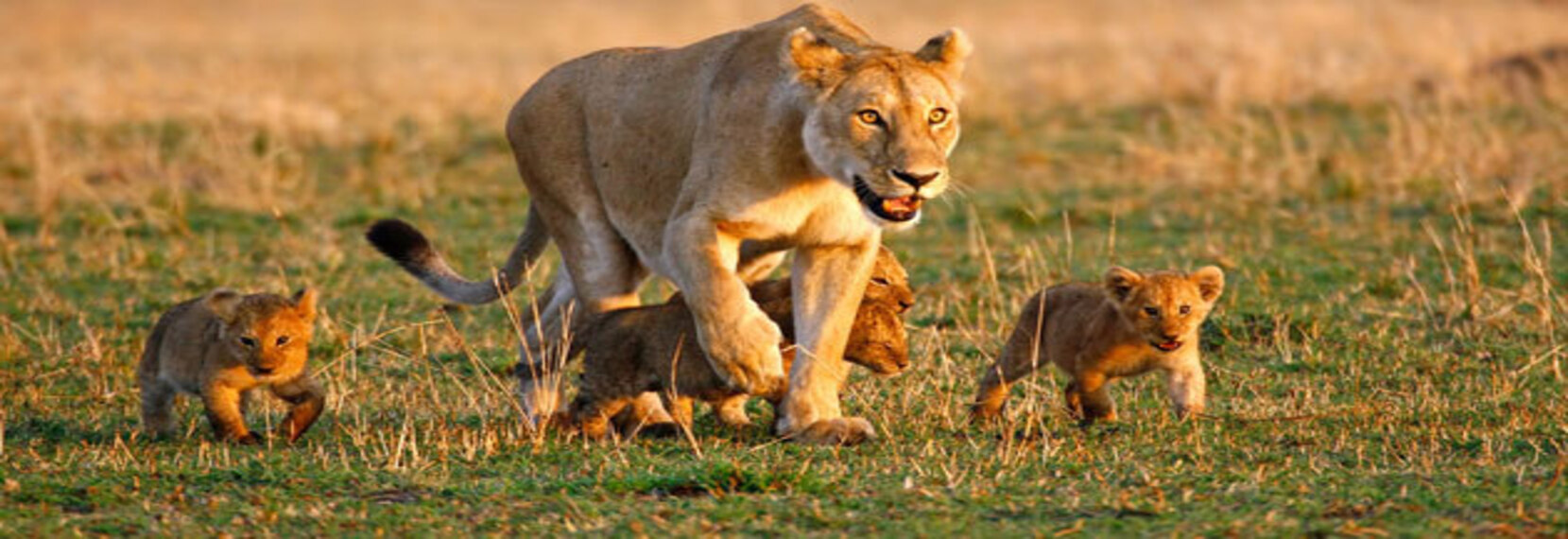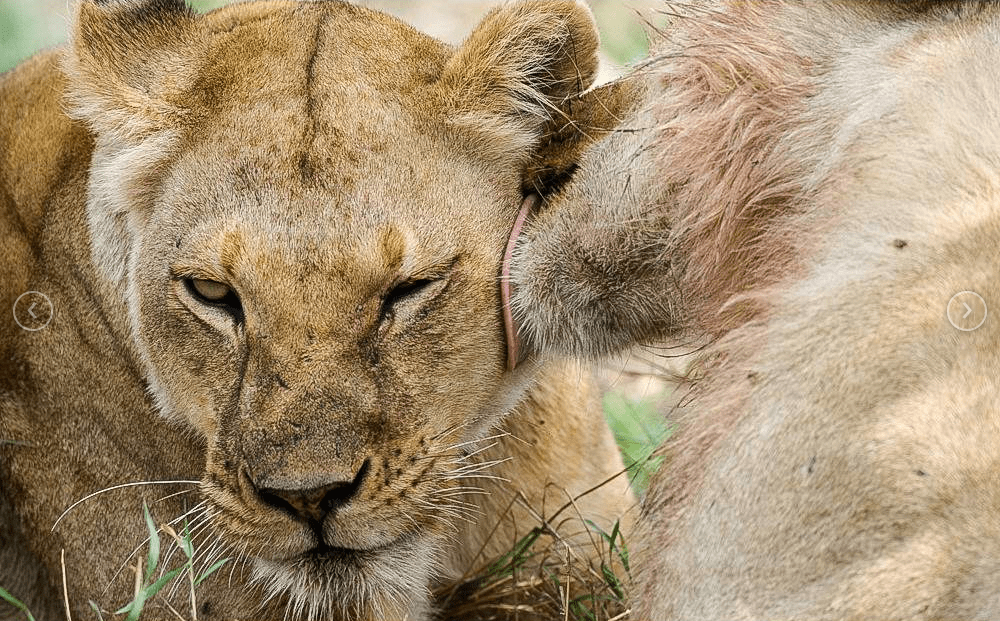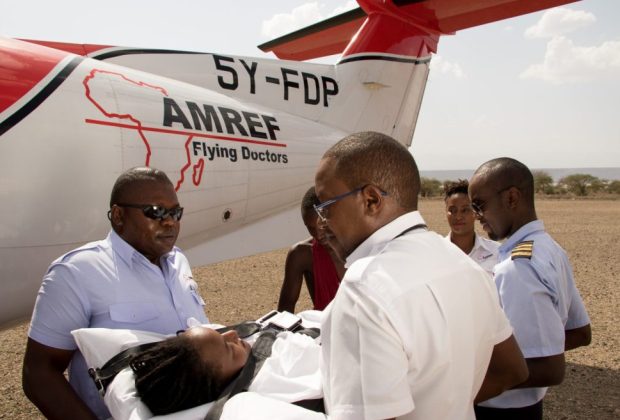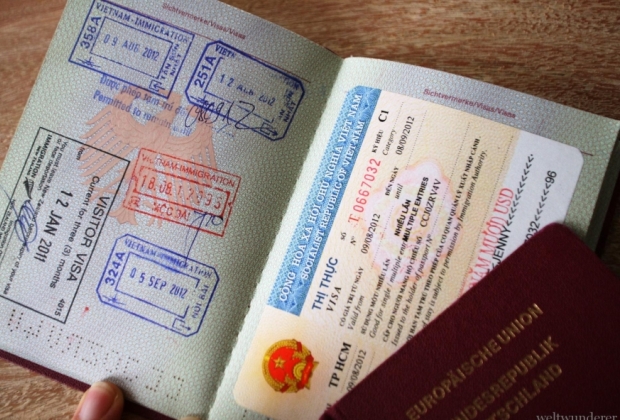COVID-19 UPDATES
IS IT SAFE TO TRAVEL TO TANZANIA?
Yes, it is very safe to travel to Tanzania during pandemic COVID-19, Tanzania has taken all measures and protocols to make sure that we do not spread this dangerous virus, for infected people have used their traditional medicines to kill all kind of virus in their bodies, these local medicines seemed to function much better for many people. So we are happy to announce that Tanzania is COVID-19 free because we have not experienced new cases since April 2020 and no patient at the hospital, but we’re still taking all protocols and procedures especially when we meet guests who come from the countries that the number of infected people is at risk. Tanzania has also proved by WORLD TRAVEL & TOURISM COUNCIL that Tanzania is safe to travel.
IS TANZANIA REOPENED FOR TOURISM?
Yes, Tanzania has reopened for visitors all over the world since June 2020, and “NO” quarantine mandatory upon arrival, but what you need is only to have a COVID-19 negative certificate upon arrival.
ARE THE AIRPORTS IN TANZANIA OPEN?
Yes, all airports are open in Tanzania and all safety procedures that have been advised by WHO are taken seriously like screening, sanitize all languages, check-in-distancing, wearing masks, washing hands.
HOW SAFE ARE VEHICLES & SAFARI GUIDES?
All safari guides will be checked daily for 14 days prior to pick you up before meeting guests.
Our safari Guides have attended a special course on standards operating procedures [SOPs] in order to provide service during pandemics to ensure your safety and health.
Our safari vehicles are sprayed disinfection and sanitized to the touched points before the guest enters the car.
WHAT ABOUT WHEN WE CHECK IN THE HOTELS?
All Hotels & camps do take necessary health precautions throughout your stay like checking your body temperature before check-in, washing hands, and spraying language disinfection on arrival.
What if a guest will have all Symptoms of Coronavirus while on safari?
The Ministry of natural resources and Tourism has placed emergency ambulances and dispensaries in some areas for COVID-19 test and treatment. COVID-19 tests are also available to the big hospitals. Like in Seronera-Serengeti, Karatu, Kilimanjaro Airport, and Selian Hospital Arusha.
How much does it cost for a COVID-19 test for tanzania travel?
It cost $100 per person for a COVID-19 test in any hospital in Tanzania







